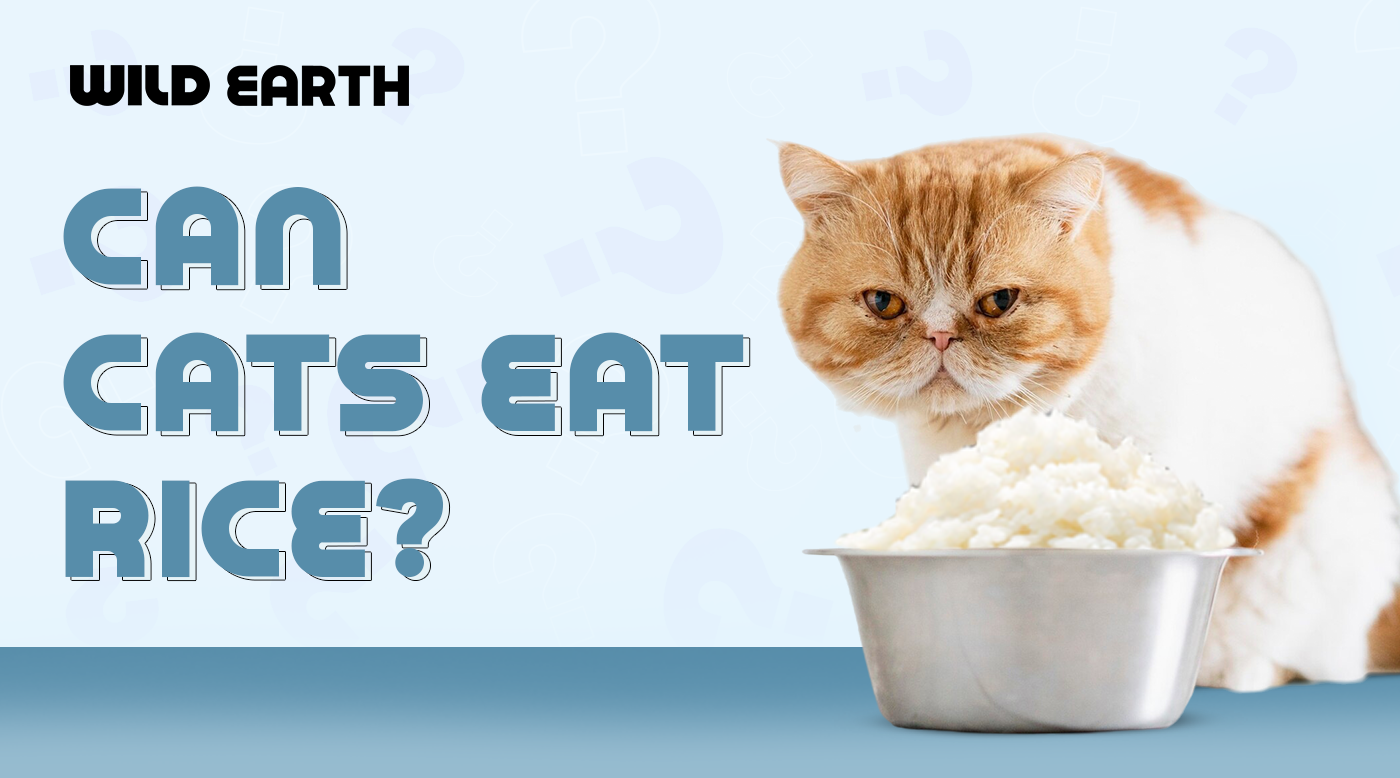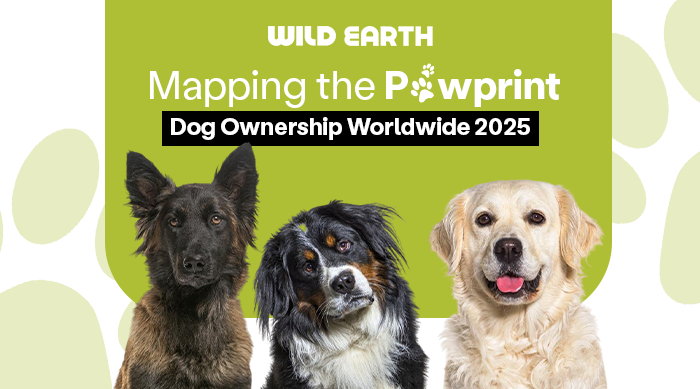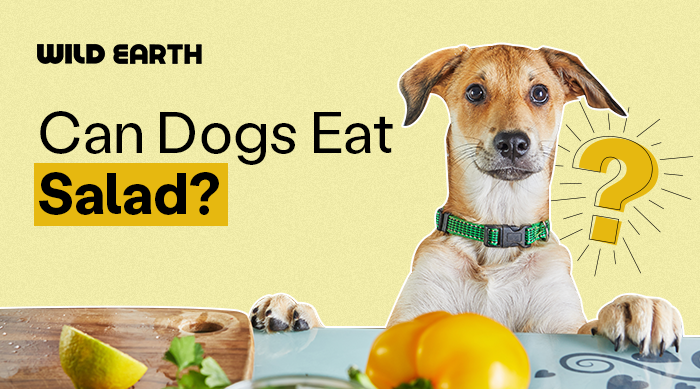DOG BLOG
5 Surprising Dog Facts That You Wish You Knew Sooner
Dogs have been considered our best friends for thousands of years, offering unconditional love, loyalty, and even protection. While many of us consider ourselves well-versed in the ways of dogs, there’s always more to learn about these amazing creatures.

Dog Knowledge
View All
Allergies
Breed Condition
Dog Blog
Dog Food
Dog Knowledge
Resource Center
Supplements
The Wild Times
Treats
Uncategorized
Environment
Facebook Live
Favorites
Health
Health Goal
Ingredients
Lifestyle
Medical Concern
News
Nutrition
Pet Week
Recipes
The State Of Dog Food Today
The Vet's Corner

What Holiday Leftovers Should NOT End Up in the Dog Bowl
Read more

How to Puppy- or Kitty-Proof Your Christmas Tree
Read more
6 Signs Your Dog’s Diet Might Need a Change
Read more

Can Cats Eat Rice?
Read more

Mapping the Pawprint - Dog Ownership Worldwide in 2025
Read more

Can Dogs Eat Salad?
Read more




























